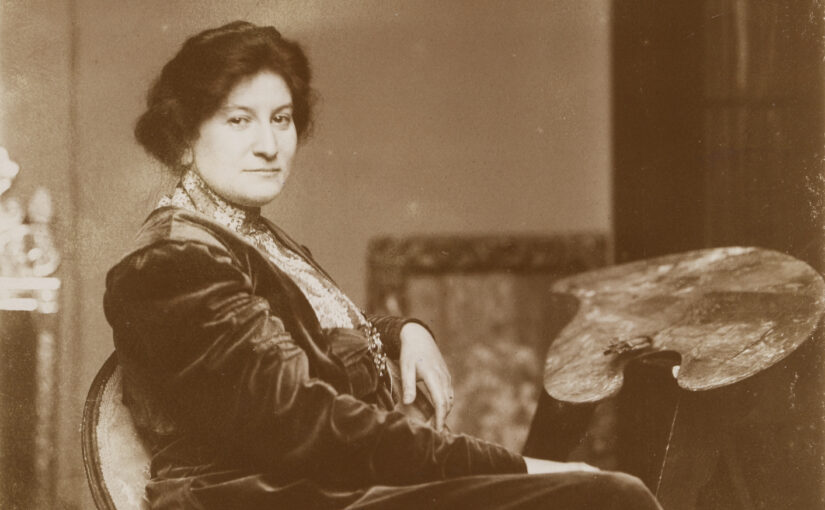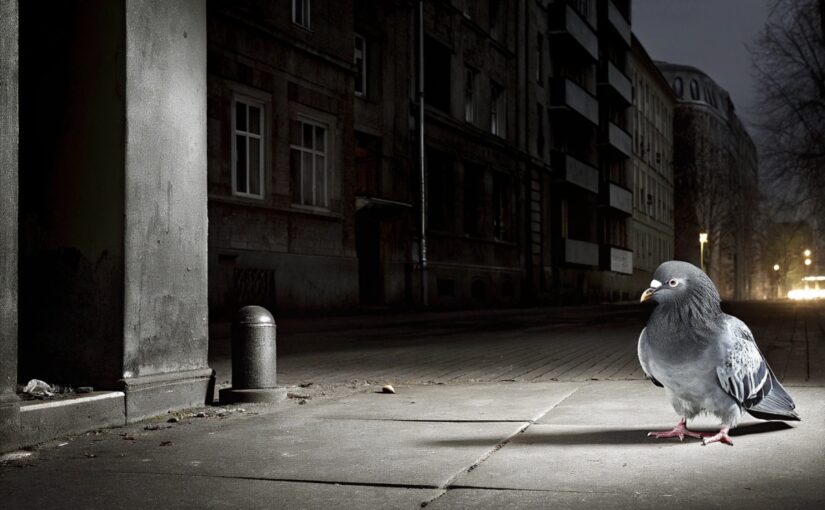Imagine diving into 14th-century southern Germany—not with modern dialogue, but with authentic Middle High German. The short film Dû bist mîn ich bin dîn by director Tim Gerbert is a gem that blends history, emotion, and linguistic heritage. Even if you’re a German language enthusiast who doesn’t fully grasp the medieval tongue, you’ll adore it. The subtitles help, and the sound alone revives the roots of our modern language in a captivating way.
Continue reading Dû bist mîn ich bin dîn: A Coming-of-Age Drama in Middle High GermanCategory: Stories
«Don’t forget us!»—Julie Wolfthorn: An Artist’s Journey
Julie Wolfthorn, born Julie Wolf on January 8, 1864, in Thorn, West Prussia (now Toruń, Poland), was the youngest of five children in a Jewish family. Her birthplace held such significance for her that she incorporated it into her surname, becoming Julie Wolfthorn. Tragically, her father passed away shortly before her birth, and her mother died when Julie was just six years old. Following these losses, she and her sisters were raised by their grandmother, who relocated the family to Berlin in 1883.
Continue reading «Don’t forget us!»—Julie Wolfthorn: An Artist’s JourneyChaos, Comedy, and You: Embracing the Lotterleben
There are certain words in German that defy easy translation. Schadenfreude, for instance, has become the international shorthand for cackling at someone else’s misfortune. Wanderlust makes us imagine bohemian daydreamers striding through airports with scarves fluttering in the breeze. But then there is Lotterleben. Literally, it drags behind it all kinds of tragic weight—misery, dissolution, questionable morals. In the dictionary, it is described as shabby and indulgent, existing one missed rent payment away from collapse. But much like life itself, the dictionary often misses the joke.
Continue reading Chaos, Comedy, and You: Embracing the LotterlebenThey Don’t Mince Their Words: The Brutally Honest Art of Berlin Communication
Welcome to Berlin, the city where «politeness» is just another word for cowardice, and where the weather isn’t the only thing that’s cold. Fancy a chat? Prepare for a clinical dissection of your motives. Craving a little kindness with your morning coffee? Dream on. If cities had spirit animals, Berlin’s would be a grumpy, half-plucked street pigeon—unimpressed, slightly threatening, and suspicious of good intentions.
Continue reading They Don’t Mince Their Words: The Brutally Honest Art of Berlin Communication


